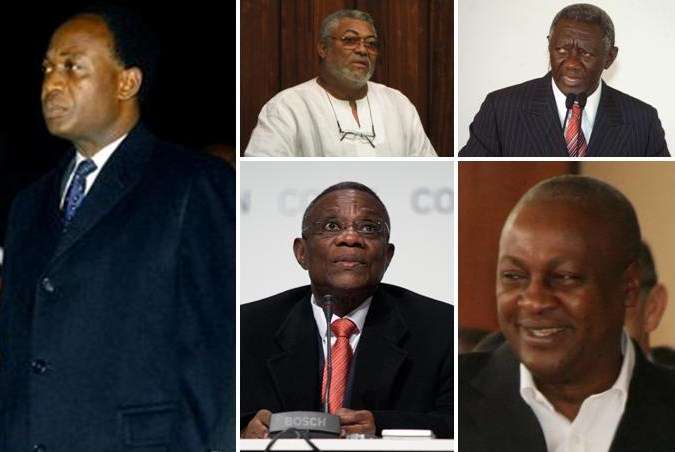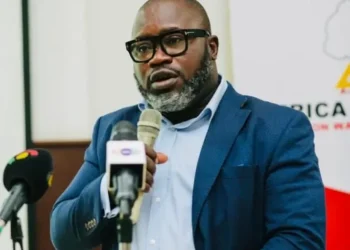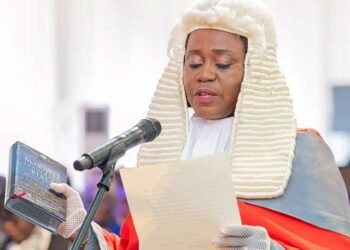Research fellow at the Ghana Center for Democratic Development (CDD-Ghana), Gilfred Asiamah, has revealed that powers that are usually entrusted in the hands of the President in the country undermines both accountability and transparency in the core functions of the executive.
Mr Asaimah expressed that the concerns of Ghanaians that the President has too much powers at his disposal are legitimate and is reflective of the nature of governance. He explained that it is high time government considered revising some of the powers that have been given to the President.
“If you look at the appointment powers of the President, it’s too wide. I mean the President appoints almost every important person in this country and as I said, the key issue that we must consider is, are these powers necessary for the core functioning of the executive, which is formulation and implementation of policies? Besides that, I think some of the powers that we have bestowed on the President actually undermines accountability and transparency in the functions of the executive.”
Gilfred Asiamah
Citing the Public Services Commission, Lands Commission, CHRAJ, NCCE [and] Auditor-General, Mr Asiamah questioned why the President has to make appointment in these institutions. He further quizzed how the independent “appointment processes of the Auditor-General affects the function of the executive”.
The CDD Research fellow noted that despite the fact that there are some safeguards in the constitution which limit the powers of the President, these things have not aptly worked in the country.
“I think that is one key question we must ask ourselves when we are interrogating the appointment powers of the President in this country.”
Gilfred Asiamah
Constitutional powers of the executive

Elaborating on the impact of the powers given to the executive, Mr Asiamah highlighted that the issue about the enormous powers that the constitution gives to the President of Ghana has been a subject of discussion over the past decade. He recounted that CDD-Ghana did a survey at the same time the constitutional review committee was doing its work and it became clear that majority of Ghanaians thought that the President has too much powers in relation to what the President is supposed to do.
Basically, he indicated that the executive and the President are supposed to formulate and implement policies. As such, it is imperative to think about how much powers they need to be able carry out these functions and also the powers that they are given in the constitution “including appointments of independent commissions like electoral commission and the Auditor-General”.
Again, Mr Asiamah opined that the issue about members of parliament also being part of the executive, is one issue that Ghanaians strongly oppose. This, he noted, undermines the independence of parliament as it just “gives enormous advantage of the executive by the President”. He revealed that in such instances, it is likely to have majority of ministers being appointed from within parliament.
“… In addition to this, what is most important was the fact that you have most members of parliament who are serving as board members of state institutions. So basically, you can be assured that if you are a member of parliament and you are in good terms with the executive, especially the ruling party, you are definitely going to be employed in the executive.”
Gilfred Asiamah
READ ALSO: We Are Trying To Persuade Tyler Perry’s Team To Build A Studio In Ghana – Okraku-Mantey























